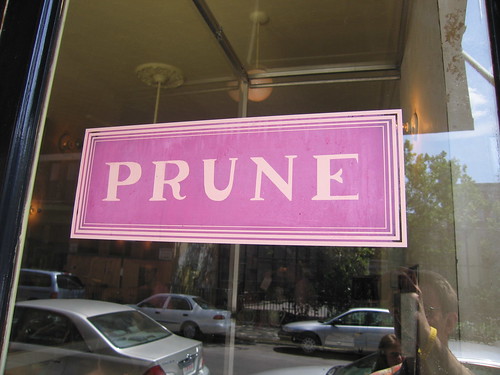We go to a lot of theater both in New York and the Berkshires; even though we probably only really like less than a quarter of what we see. The reasons we continue to go are complicated but include a sense that when it is good, it can be very good; and a desire to support programs that we believe offer a valuable cultural diversity. Among those programs are Roundabout Theater and Manhattan Theater Club in New York and Shakespeare & Co., Barrington Stage and the Mahaiwe Theater in the Berkshires. We also go to a lot of other venues for individual productions. We tend to emphasize Drama over Music for a number of reasons that I won't discuss here.
This is all by way of introduction to a new find (for us) in our neighborhood. 59E59 is a moderately sized venue with three small theaters just a few blocks from our house. They host a number of different companies during the year. We passed it all the time but not until some neighbors encouraged us did we actually decide to try a couple of productions.
During the early summer they host the "Brits Off Bradway" festival. We decided to start with two pruductions that sounded interesting:
- RABBIT - Nina Raine's witty, battle-of-the-sexes where a friendly, twentysomething's birthday party turns to a funny and painful exploration of the relationship between the sexes.
- RADIO - Al Smith's coming-of-age story about a farmer's son in rural America, whose youthful dreams of spaceships parallel the beginning and end of the Apollo Program
We've now seen both and really enjoyed them although they could not have been more different in style. Rabitt is a Friends on steroids with with very British sensibility. Radio is set in the US and is about 1950's 1960's angst in middle America. Painful but touching.
The productions were entertaining but have the definite aura of slightley less polished off-Broaday - but at $25-$35 a ticket e'll definitely be keeping an eye out for upcoming productions here.
59 East 59th Street (bet Park and Madison Aves)
212-753-5959


























 We went to
We went to  On the other hand,
On the other hand, 
